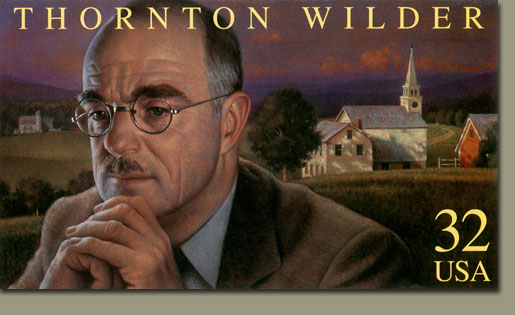Membership
We are here, in part, because choices made in big places have worked against rural places and rural people.
Nicholas Carr’s Shallows, and the Death of the Book
I just completed Nicholas Carr's excellent book, The Shallows: What the Internet is Doing to Our Brains, and--because that's the sort of person I...
Bar Jester Chronicles 12(A): “The Way to Bliss” (A Work...
Nor was it his great and almost constant tumescence, which his grey polyester pants could never quite sufficiently hide.
Lessons from the Jersey Shore
Jersey Shore teaches us something about the tragic dimensions of the culture in which we live, and in which we raise young people.
Personality, Conversion, and Being: On John Paul II’s “Fides et Ratio”
The Reader Objects!: If God is Personal and Loving above all, if the Christian believes reason is fundamentally preceded by what is revealed in Faith, then what grounds has the Christian for speaking to the non-Christian? What hope for meaningful dialogue have we if Caritas precedes and envelops all?
Wii Scouts
The technological fun house that is the modern home makes the great outdoors pale by comparison, if, that is, the expectation is immediate and constant bursts of electronic stimulation.
The Neighborly Arts
The neighborly arts begin at home, extend outward in service to others, and return in the form of gratitude, friendships, and commitments born of practical skills shared and received.
Gratuitous Foundations: Benedict XVI’s Humanism of the Gift, Part II
Benedict's encyclical responds to the elite technocrats of the liberal order more charitably than they deserve. It is true that, in mundane circumstances, liberal society often professes a congenial relativism, and it is equally true that the technocrats of modern charity—who discover the redemption of man in contraception, efficient abortion, and maximized “private” freedom with neither self-government nor moral judgment—reject the identity of “Agápe and Lógos”, the “God of the Bible” who is “Charity and Truth, Love and Word.” But this does not mean they lack a conception of truth or that they are in fact mere sentimental relativists. They rather advocate an immanent and materialist absolute.
The Homeless Modern
The disposition that characterizes the modern mind--a disposition that favors as its ideal a skeptical “view from nowhere,”--serves to undermine the very elements that make community possible.
“Our Town” in The City
On the threshold between two unchosen ways of life - one of commitments, the other of choices. Both give rise to discontents, but ours today makes them a way of life.










